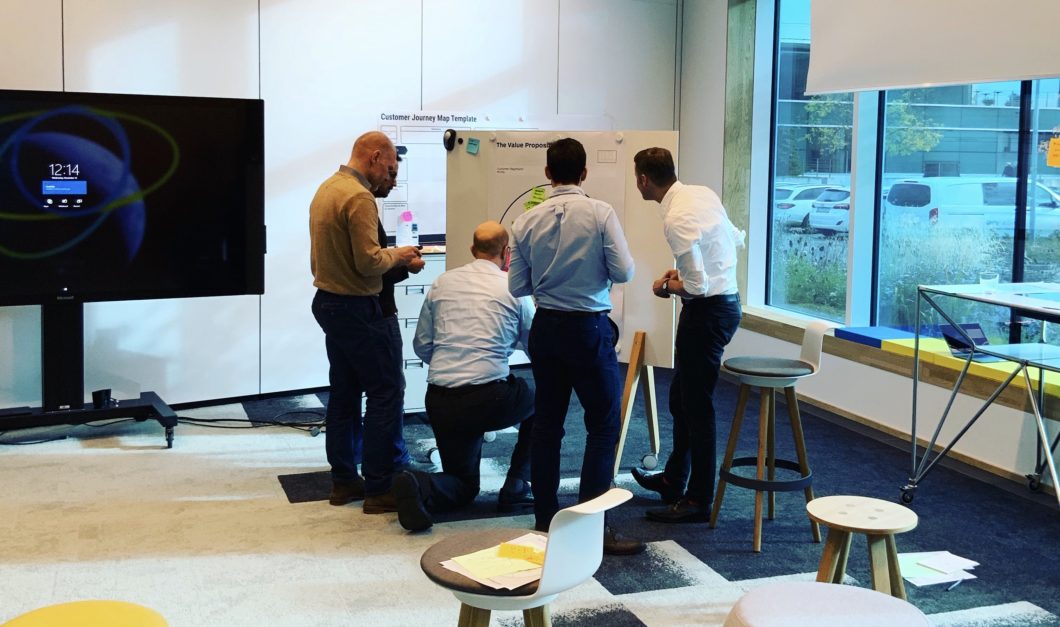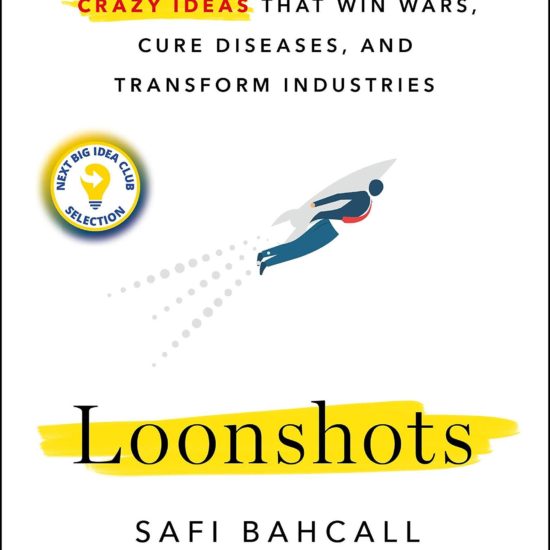As I approached 2019, I had multiple open questions about my work at the 3rd company I had co-founded. At the same time, my 7-year-old nephew was diagnosed with cancer, and in the middle of this, an opportunity in healthcare came calling that changed 2019 for me and that would forever have an impact on my future work. Below, I share 3 things that shaped work for me in 2019.
Cancer and inequality in healthcare
I imagine most of us have had someone close diagnosed with cancer. Cancer is the second leading cause of death in the world. Every 6th death is caused by cancer. My nephew, aged 7, was the closest to me. The detection, diagnosis, and treatment of his indication in Nigeria opened my eyes to the extent of inequality of health systems all around the world. While we have made significant progress in improving the survival rate of different forms of cancer over the last decade, there’s still significant work for us to do. People in countries with lower levels of income still have a comparably poorer rate of survival. (Although cancer is more prevalent in countries with higher levels of income based on publicly available data).
Health inequality is beyond what is evident in the management of chronic diseases. I learned that a child born in countries with the worst healthcare systems is 60 times more likely to die than a child born in countries with the best systems. In Europe for instance, only 1 in 250 children will die earlier than 5 years old, while in many countries in Africa 1 out of 10.
After obtaining a 2nd opinion in The Netherlands and South Africa and a planned medical intervention in India, my nephew eventually passed away. His death is a complex combination of systemic problems I believe we can do better at solving.
Digital innovation in Healthcare
This personal experience further triggered my curiosity in global health and I answered a call to help contribute to digital innovation in healthcare. Industries such as finance, media, and even advanced manufacturing have experienced a significant dose of digital transformation, with the healthcare industry lagging behind. Recently, artificial intelligence is increasingly seen as a technology that can transform healthcare and help solve the majority of the inefficiencies in the healthcare value chain. A couple of examples where AI application has the potential to make a difference. It could shorten the 10 years that are currently needed to bring a single drug to market. It could help doctors in diagnosis: there are more than 10,000 human diseases and doctors are expected to be able to figure out a diagnosis merely by looking at symptoms and with analysis of test results based on their personal experience and knowledge.
On the upstream side of the healthcare value chain, pharmaceutical companies are becoming more and more patient-centric, after decades of focus on developing blockbuster drugs. Stemming from the Human Genome Project and through another decade of development, we have been able to drive the cost of sequencing the human genome to as low as $200. All of these shifts are heralding in a new era in how we approach health. This appealed to me as I saw an opportunity to directly play a part in healthcare transformation.
There were quite many things at stake but the opportunity outweighs the sunk cost invested in the path I was. So I jumped ship. In my absence and departure, The F Company has continued to do well in the hands of my co-founders.
I spent most of 2019 consulting in the healthcare industry and bringing my digital innovation experiences to changing how we experience healthcare. In the process, I have met some of the smartest people on the planet. It’s a difficult job to identify proteins and mechanisms in the body responsible for diseases and develop compounds or other therapies that can interact with them.

I plan to continue on this path for a long long time in my pursuit of equality of opportunities in healthcare.
Books: Factfulness, Loonshots, and Talking to Strangers
Among the books I read in 2019, Factfulness, Loonshots,and Talking to Strangers stood out.
Factfulness by Hans Rosling, Ola Rosling, Anna Rosling Rönnlund tells us the world is better than we think. Using the 10 instincts that distort our perspectives, including how we consume media, the book paints a more realistic picture of the world and the real problems that we should be solving. Here’s a link to how you can purchase Factfulness in multiple languages.
Loonshots by Safi Bahcall taught me how to design organizations for continuous innovation. How do you maintain a balance between a franchise organization with soldiers and nurture loonshots in another full of artists? Earlier in the autumn, I summarized my learnings from Loonshots.
Malcom Gladwell released Talking to Strangers and, as usual, I was not disappointed. Malcom took a counter-intuitive look at the assumptions we make about strangers, what goes wrong when we make those assumptions, and how we can have better conversations with people we don’t know at work or in any other situation.
I look forward to more meaningful work in 2020 and I wish you the same.

